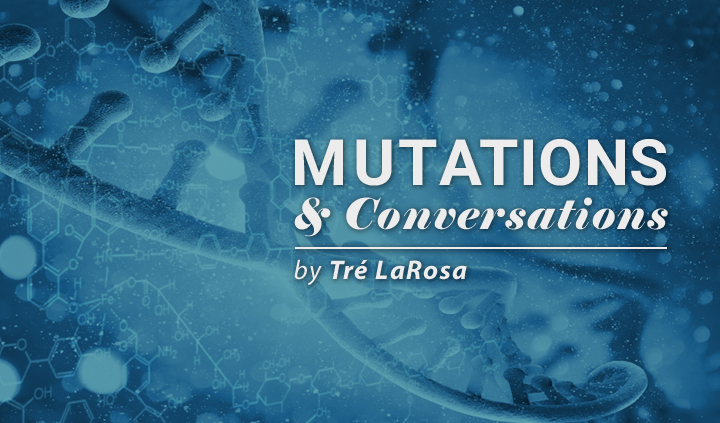How to Love Your Body, Even If It’s Genetically Abnormal

When we say “me” or “I,” what exactly are we referring to? Are we referring to our bodies, our minds, or the combination of the two? It’s both a scientific and philosophical question, who we are. In a casual manner, we often speak in the first person when referring to the being that is both the body and the mind. When we are ill, annoyed, or even just joking, we will often say, “My body has betrayed me.”
But what does it mean when our bodies are working against us?
Within my body, wars are raging every single day. The cells in my body — those with dysfunctional CFTR function, which causes the multitude of other problems I face — are the same ones that are part of the fight against bacteria and viruses that threaten the delicate balance of day-to-day CF health. It feels weird to have these cells be the villains that make my life so difficult while also being on my side in the fight against resident bacteria and foreign viruses actively working against me every day.
Sure, I’m romanticizing and humanizing the microscopic cells in my body. They are just a part of the world we live in; they are neither breathing nor thinking, but alive all the same. The body I inhabit is the body that has given me immense conflict in my life: the fear of infection from the latent bacteria deep in my lungs; the broken pancreas that can’t digest the nutrients of the food I ingest; the stomach lining that is easily irritated by caffeine or acidic beverages; the sinuses that try to intercept viruses from the air, yet fill with mucus and polyps, causing sinus pressure and pain.
Yet this very same body is the one that has forced my mind to grow. The understanding of mortality from my “broken” body has made me more aware of the importance of every moment. The wars raging inside me have encouraged me to better understand the microscopic world, thereby improving the way I approach my life and hopefully extending the lifetime of this body.
As humans, we have the tendency to romanticize the world we live in. It gives us comfort in knowing there may be some explanation for the tragedies that surround us. When I humanize the cells, it helps me to understand them. They are not trying to fight against me. They are doing their jobs. It was my DNA that encoded their role in this world, and they are doing just that. In that way, I don’t feel anger or resentment toward them, rather, I feel comfort in knowing they are doing their assigned roles, just as I am in this world.
All of us must find a way to feel comfort in the bodies we live in, even as our minds grow and change, just as our bodies change. It is not easy to find that comfort. It is a journey, and we should support one another.
Follow along with my other writings on my humbly named site, www.trelarosa.com.
***
Note: Cystic Fibrosis News Today is strictly a news and information website about the disease. It does not provide medical advice, diagnosis, or treatment. This content is not intended to be a substitute for professional medical advice, diagnosis, or treatment. Always seek the advice of your physician or other qualified health provider with any questions you may have regarding a medical condition. Never disregard professional medical advice or delay in seeking it because of something you have read on this website. The opinions expressed in this column are not those of Cystic Fibrosis News Today, or its parent company, Bionews Services, and are intended to spark discussion about issues pertaining to cystic fibrosis.








Leave a comment
Fill in the required fields to post. Your email address will not be published.